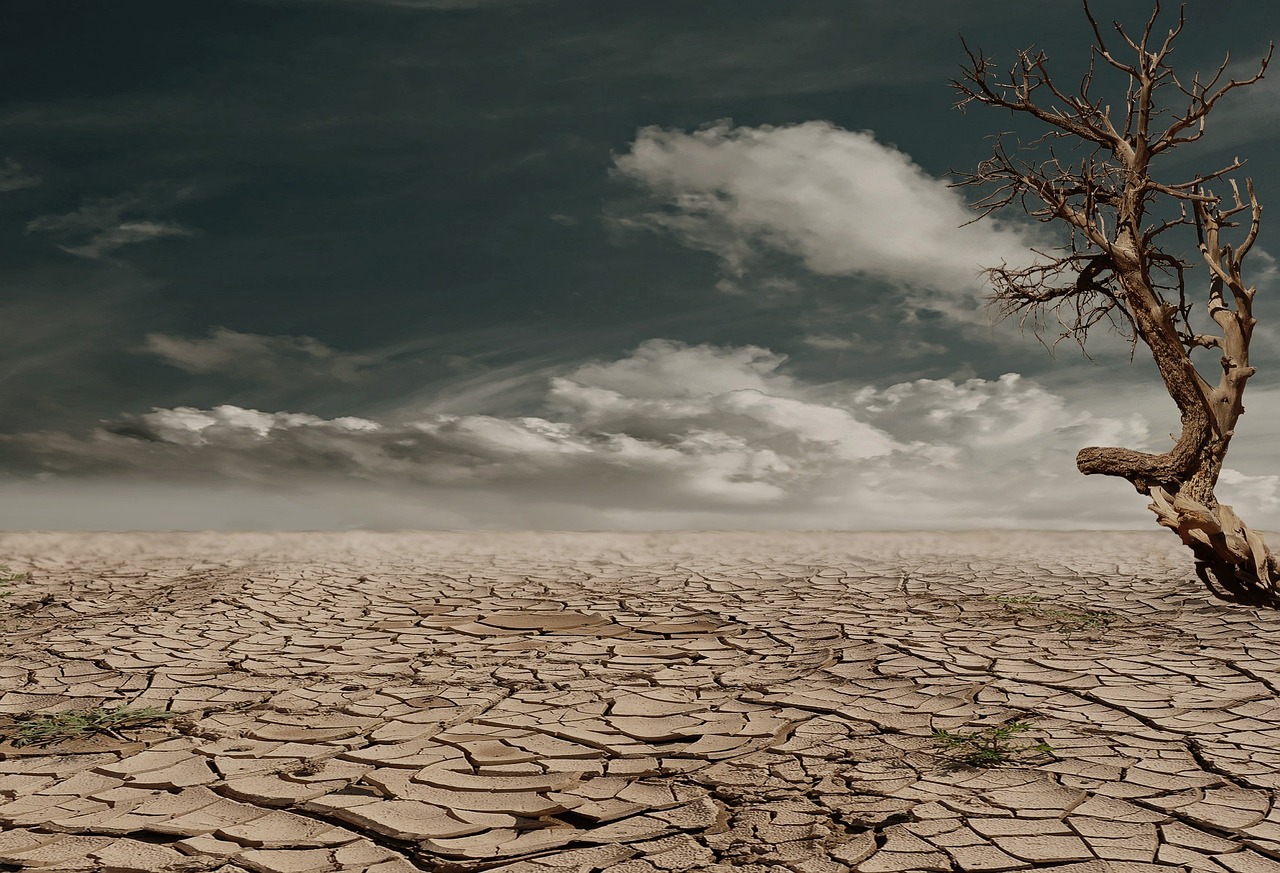News release
From:
Expert Reaction
These comments have been collated by the Science Media Centre to provide a variety of expert perspectives on this issue. Feel free to use these quotes in your stories. Views expressed are the personal opinions of the experts named. They do not represent the views of the SMC or any other organisation unless specifically stated.
Professor Steven Sherwood is ARC Laureate Fellow at the ARC Centre for Climate System Science and UNSW Climate Change Research Centre and Chief Investigator at the ARC Centre of Excellence for 21st Century Weather
The widespread heat in the northern hemisphere hasn’t fully reached us yet in the Southern hemisphere, but over the coming years, it will as our massive oceans gradually warm up. And unfortunately, this new global record probably won’t last long.
Professor Kathryn Bowen is Deputy Director of Melbourne Climate Futures at The University of Melbourne
This record breaking hottest day is only one of numerous records we will continue to see broken, in light of our continuing rate of greenhouse gas emissions. This latest news points to what we already know – that changes in our climate are going to continue to increase and consequent impacts on our health and wellbeing are central to the fallout. More intense and frequent extreme weather events - whether these be bushfires, floods, storms or heatwaves – have substantial and grave implications for our health and wellbeing, and those at highest risk include the young and the elderly, those with current health issues, and those at lower socio-economic levels. Action on climate change is an issue of justice, and we face important decisions this year and this decade to ensure that our emissions from coal, gas and oil, are rapidly reduced, otherwise we will continue to watch records breaking across the globe, including in Australia. Crucial decisions need to be made in the lead up to and during COP28 to commit to the urgent transformations needed to secure a liveable future.



 Australia; NSW; VIC
Australia; NSW; VIC


